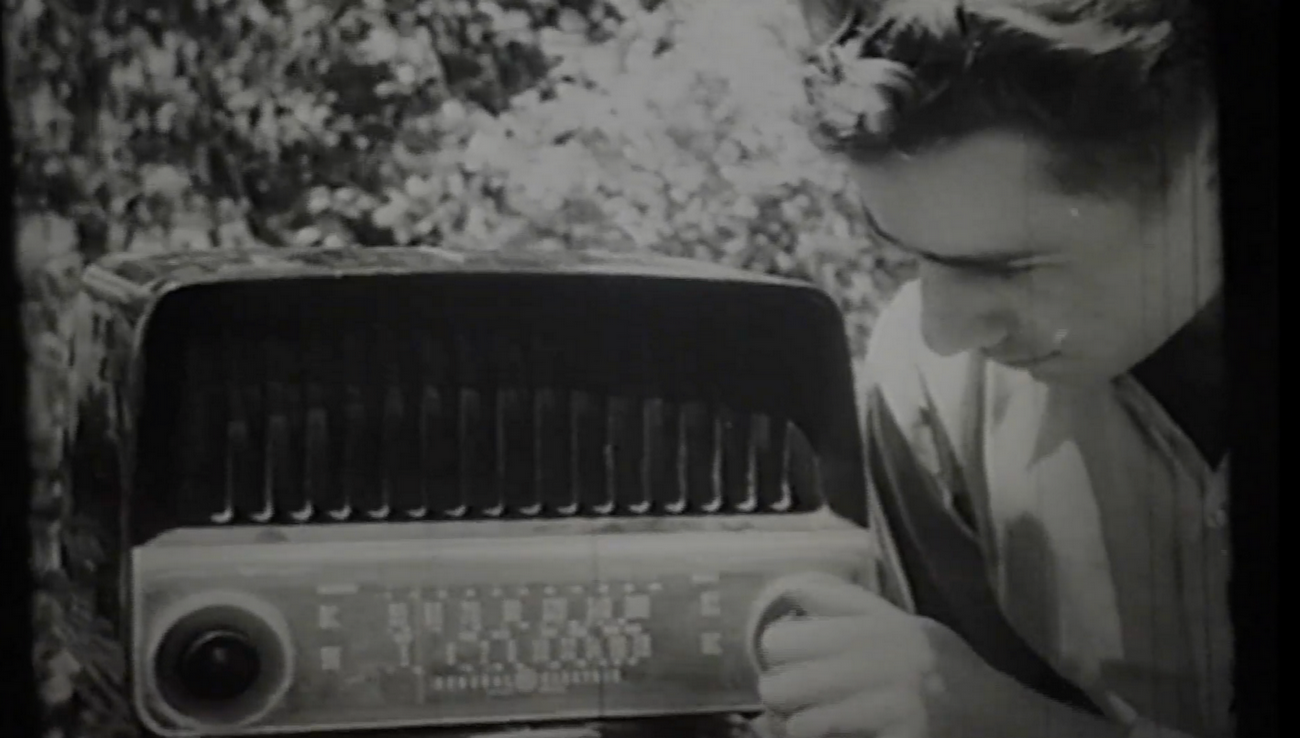
World Radio Day 2024: Embracing radio’s uniqueness
By Thiago Soares, Chair of the ITU-Radiocommunication Study Group for Broadcasting Service (ITU-R Study Group 6), and Paolo Lazzarini, Head of the Radiocommunication Division at the Vatican’s Dicastery for Communication, and Vice-Chair, ITU-R Study Group 6
World Radio Day 2024 marks a significant milestone, celebrating a century of radio’s evolution as a powerful medium of communication, entertainment, and education.
The theme for this year, ‘A century informing, entertaining, and educating,’ reflects a remarkable journey, from radio’s early days as a tool for safety and maritime applications to its enduring status as a versatile form of media.
A century of evolution
The story of radio began over a century ago, with the development of Amplitude Modulation (AM).
Initially utilized by trained operators for safety and telegraphic communications, radio soon became accessible to the general public with the advent of AM broadcasting. This transition transformed radio into a source of entertainment and information that reached households worldwide.
Over the years, radio has undergone remarkable technical advancements, such as the introduction of Frequency Modulation (FM) and the integration of video, leading to the birth of television.
The most recent milestone in radio technology is the adoption of digital modulation, enabling CD-quality audio, seamless integration of audio with texts and pictures, effective early warning communications, the provision of data services, and other features.
Unique characteristics
Despite the emergence of new digital communication platforms, radio maintains its uniqueness and relevance.
Even digital radio maintains a short and straightforward broadcasting chain. From a microphone plugged straight into a transmitter to affordable battery-powered receivers, simplicity makes radio widely accessible.
Simple setup allows the provision of radio services with low-power transmissions for small communities, thereby boosting local content and fostering social integration. The affordability of receivers and the absence of subscription requirements also make radio a key information source for diverse populations.
This resilient medium serves a vital role in emergency situations. Simple broadcast facilities can reach the public with critical updates during crises, calamities, and wars.
The COVID-19 pandemic offered a prime example of radio’s value. Whether through traditional medium and short waves or modern digital broadcasts, radio services bridged knowledge gaps and kept communities informed and connected.
Continually updating technical standards
The ITU Radiocommunication Sector (ITU-R) has worked continually since 1948 to guide the evolution of this important communication medium, including in the crucial transition from analogue to digital standards.
ITU-R Study Group 6 helps shape the standards that govern radio broadcasting services worldwide.
The study group – tasked with developing international standards known as ITU-R Recommendations for the end-to-end broadcasting chain – operates at the forefront of technological advancements and regulatory frameworks.
Study Group 6 brings governments, industry, and academia together to grapple with key questions for the future of broadcasting services worldwide.
Through such collaborative efforts, we can ensure that radio broadcasting systems meet stringent criteria for quality, safety, and compatibility, laying the groundwork for reliable and efficient communication channels.
Special celebrations in Europe and worldwide
Radio’s enduring simplicity, accessibility, and reliability have secured its place as a beloved medium of communication. A century of development has only strengthened its role in informing, entertaining, and educating the global population.
In honour of World Radio Day 2024, a special shortwave broadcast will be transmitted across Europe, with a unique message presented in various European languages. Along with celebrating the century-long journey of radio, the special event emphasizes the continued vitality of this traditional medium in the face of modern technologies.
Other parts of the world will also celebrate with special transmissions and events – as outlined on the UNESCO International Days webpage for World Radio Day.
Long live radio!
